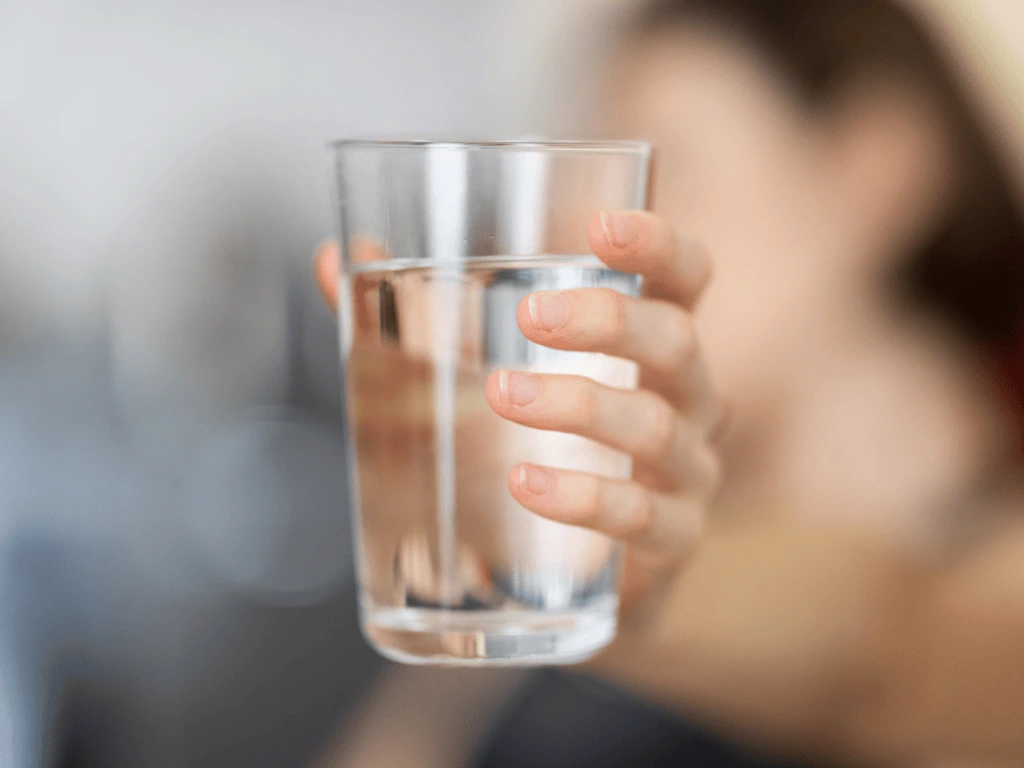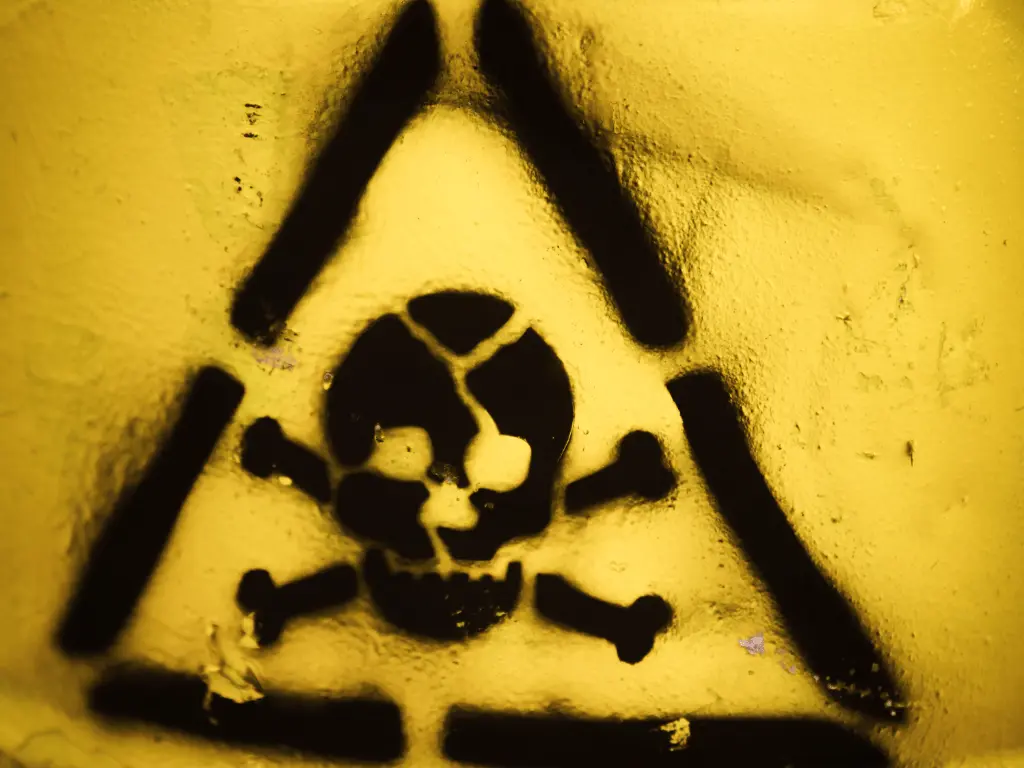- Home
- GPC Taiwan
Taiwan - Home
Login
Forget Password
News

MOENV Strengthens Water Protection: PFAS Added to Taiwan’s Surface Water Quality Standards
Nov-04-2025
On 30 October 2025, Taiwan's Ministry of Environment (MOENV) announced draft amendments to the “Classification and Water Quality Standards for Surface Water Bodies”, introducing new measures to protect public health and the environment. The amendments is the first inclusion of per- and polyfluoroalkyl substances (PFAS) as a regulated parameters in Taiwan’s surface water standards.
PFAS Included as New Regulated Pollutant
The proposed amendments set a combined concentration limit for of 50 ng/L for perfluorooctanoic acid (PFOA) and perfluorooctane sulfonate (PFOS), aligning with Taiwan’s existing drinking water quality standards. This inclusion aims to prevent PFAS contamination of water bodies and mitigate risks to human health and aquatic ecosystems.
PFAS, commonly referred to as “forever chemicals,” are widely used in industrial and consumer products such as non-stick cookware, firefighting foams, and water-repellent materials. Due to their extreme persistence, these substances do not easily break down in the environment and can accumulate in living organisms, leading to potential health risks including hormonal disruption, immune effects, and increased cancer risk.
By setting PFAS limits in the surface water quality framework, Taiwan joins the growing number of countries tightening PFAS controls in response to international regulatory trends. The move underscores MOENV’s commitment to align national standards with global environmental and public health priorities, following similar efforts seen in the EU, US, Japan, and South Korea.
Other Key Amendments
In addition to PFAS regulation, the draft amendment also updates several key parameters to enhance monitoring effectiveness. These include:
- Replacing “coliform group” with “E. coli” for more accurate detection of fecal contamination
- Revision of ammonia nitrogen standards for Class C and adding new standards for Class D waters
- Introduction of “recreational water use” as a defined water body purpose to support growing public demand for clean, safe water recreation.
The MOENV emphasized that these revisions are part of a continuous, adaptive review of water quality standards to ensure relevance and scientific soundness. The updated standards will guide future management by both the central and local environmental authorities.
The draft documents will be available through the Executive Yuan Gazette Online (http://gazette.nat.gov.tw/egFront/) three days after the announcement.

Ministry of Environment Announces Draft Amendments to the List and Management of Toxic Chemical Substances
Nov-04-2025
On 4 November 2025, Taiwan's Ministry of Environment (MOENV) released a draft amendment to the List of Toxic Chemical Substances and Its Management Measures.
The proposal adds the following substances as toxic chemical substances:
- Methoxychlor (CAS No. 72-43-5)
- Chlordene (Decachlorooctahydro-1,3,4-metheno-2H-cyclobuta[cd]pentalen-2-one; CAS No. 143-50-0)
- 2-(2H-benzotriazol-2-yl)-4,6-di-tert-pentylphenol (UV-328; CAS No. 25973-55-1)
The draft also specifies control concentrations and operational management measures for these substances. In addition, it strengthens management regulations for mercury and tetrachloroethylene, reinforcing Taiwan’s toxic chemical management framework.
Alignment with International Conventions
According to the MOENV, these substances are Persistent Organic Pollutants (POPs) known for their resistance to degradation, potential for long-range transport, and bioaccumulative nature, posing significant risks to human health and the environment.
The proposed amendment aligns Taiwan’s regulatory scope with the Stockholm Convention’s recent inclusion of Methoxychlor, Chlordene, and UV-328.
Classification details:
- Methoxychlor will be listed as a Class 1, Class 3, and Class 4 toxic chemical substance due to its bioaccumulation potential, persistence, and acute ecological toxicity.
- Chlordene will be listed as Class 1 and Class 4 due to its bioaccumulative and persistent nature (both with a control concentration of 0.1%).
- UV-328, which also exhibits bioaccumulation and persistence, will be classified as Class 1 and Class 4 toxic chemical substances, with a control concentration of 100%. Permitted uses are clearly defined, and threshold limits have been established in line with the EU’s POPs Regulation to ensure international consistency.
Both Methoxychlor and Chlordene will be prohibited from use, except for research, testing, and educational purposes, consistent with the Stockholm Convention.
Strengthened Controls on Mercury and Tetrachloroethylene
Mercury has been listed as a Class 1 toxic chemical substance since 1991. In line with the Minamata Convention on Mercury. The new amendment revises prohibited operations and allowable uses of mercury.
Tetrachloroethylene, listed as a Class 1 and Class 2 toxic chemical substance since 1997, will now be prohibited for use in cleaning agents. However, existing approved users may continue using it until their registered dry-cleaning equipment cycles are completed.
Traditional Measures and Industry Responsibilities
The MOENV emphasized that while new substances are being added to the list, the amendment also considers current domestic practices. Requirements include updated application procedures for permits and approvals, labeling, transportation, alarm and detection equipment, and the appointment of qualified technical and emergency response personnel. To facilitate adjustment, existing operators will be granted a transition period of one to one and a half years. The MOENV also encourages industries to identify safer substitute substances to reduce potential impacts on public health and the environment.
Public Consultation
For details of the draft amendment, please refer to the MOENV News Section (https://enews.moenv.gov.tw/) or visit the Executive Yuan Gazette Online (https://gazette.nat.gov.tw/egFront/) three days after the announcement. Comments or suggested revisions may be submitted to the Ministry of Environment within 30 days from the day following the public notice (Email: yilin.yu@moenv.gov.tw).
Login
Forget Password
Global Product Compliance (GPC) specializes in Global Regulatory Compliance Solutions across sectors
globally. SSS Europe, a familiar name in chemical regulatory and compliance services now formally belongs
under the umbrella of GPC Holding Sweden.
Since 2008, we have emerged as one of the leading names among Global Regulatory Compliance Service
Providers with Representation services in Europe, Asia and Middle East for respective chemical
regulations.

 Twitter
Twitter
